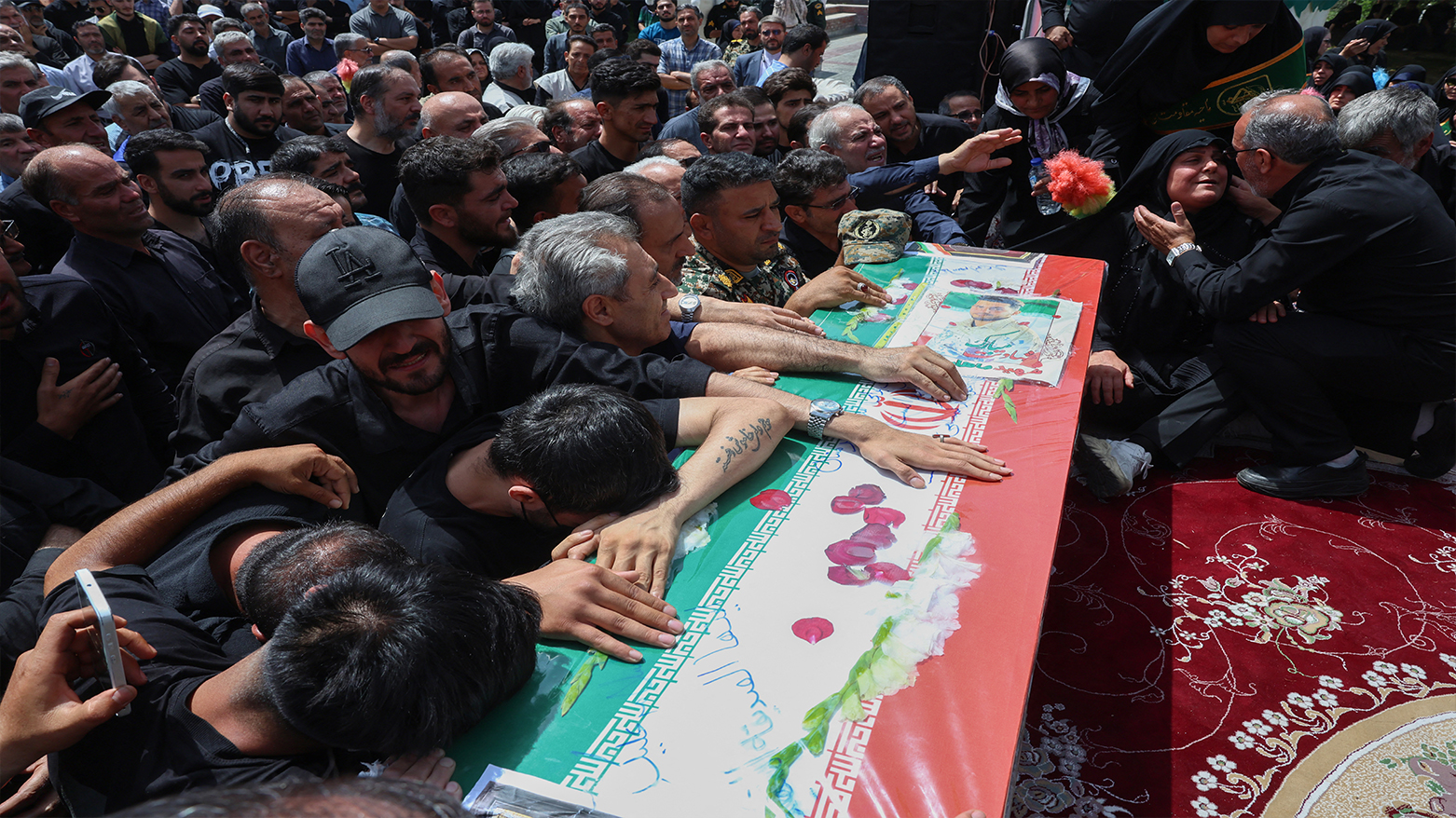Israel Claims Killing 30 Iranian Security Chiefs, 11 Nuclear Scientists in 12-Day Air Campaign
Israel claims 30+ Iranian officials & 11 nuclear scientists killed in 12-day air campaign, dealing 'major blow' to Tehran's nuclear program. Over 900 targets hit, including missile sites. Analysts question Iran's retaliatory strike effectiveness as both sides dispute war outcomes.

ERBIL (Kurdistan24) – A senior Israeli military official on Friday claimed that Israel’s 12-day air campaign against Iran resulted in the killing of more than 30 senior Iranian security officials and 11 senior nuclear scientists, delivering what was described as a “major blow” to Tehran’s nuclear capabilities.
According to Reuters, Israel’s opening strike on June 13 severely compromised Iran’s aerial defense systems, destabilizing its early response and granting the Israeli Air Force a critical operational advantage. Over the course of the campaign, Israeli forces reportedly struck more than 900 targets across Iran, including key missile production infrastructure.
‘Iran’s nuclear weapon capability neutralized’
“The Iranian nuclear project suffered a major blow,” the Israeli military official said. “The regime’s ability to enrich uranium to 90% was neutralized for a prolonged period. Its current ability to produce a nuclear weapon core has been neutralized.”
While Iran has long denied seeking nuclear weapons, Israel’s defense establishment maintained that the recent offensive severely disrupted Tehran’s nuclear timeline.
Satellite analysis questions Iran’s missile effectiveness
In the United States, Decker Eveleth, a satellite imagery analyst with the CNA Corporation, told Reuters that commercial satellite reviews suggest only a few of Iran’s retaliatory missiles breached Israeli air defenses and struck militarily significant targets.
“Iran has yet to produce missiles that demonstrate great accuracy,” Eveleth stated, noting that precision strikes on hardened military assets like U.S.-made F-35 jets were unlikely due to the limitations of Iran’s current arsenal. Instead, Iran’s most reliable missile targets remain larger civilian and industrial sites, such as Haifa’s oil refinery, he said.
Eveleth also noted that the Iranian missile salvos lacked the density required for high-impact damage. “At the current level of performance, there is effectively nothing stopping Israel from conducting the same operation in the future with similar results,” he added.
Casualties and disputed claims
Iranian authorities reported 627 deaths from the Israeli strikes, although independent verification remains difficult due to media restrictions. In Israel, 28 people were killed during Iran’s retaliatory missile attacks on military installations and cities. Tehran claimed the strikes demonstrated its ability to penetrate Israel’s defenses and force an end to the war.
However, Israeli officials disputed that narrative, maintaining that the U.S.-brokered ceasefire was achieved after Iran’s offensive capabilities were degraded and its nuclear ambitions curbed.
Israeli defense leadership plans next steps
On Friday, Israeli Defence Minister Israel Katz announced that he had ordered the military to draft plans aimed at maintaining air superiority over Iran, preventing future nuclear development and missile production, and countering Tehran’s regional influence through its support of militant groups.